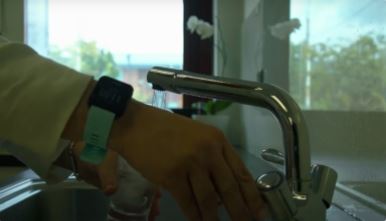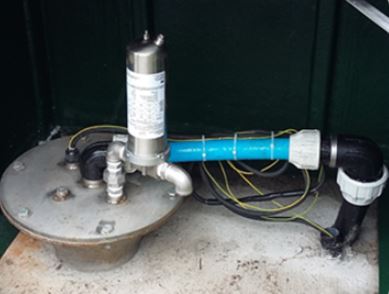
The EPA recommend that all household wells are tested at least once every year to check for contamination. The best time to test your well is after heavy rainfall, as this is when contamination is likely to be at it’s highest.
If your well water changes in smell, taste or colour, it is a strong indication that contamination has taken place.
Your local authority environment section or local HSE Environmental Health Officer will be able to advise on a laboratory. Alternatively, you can get the name of a suitable private laboratory from the Golden pages.
It is most important to get your water tested for E. coli and Coliform Bacteria. The need for other tests depends on the location of your well and the appearance of your water. For example, if your well is in an agricultural area you may need to get it tested for nitrate or if it is slightly discoloured you may want to get it tested for iron and manganese. When making arrangements with the laboratory you should describe any concerns you have about your well water and they will be able to advise on what specific tests should be carried out.
It is recommended that you test your well water at least once a year for microbiological contamination and every three years for chemical contamination.
The certificate of analysis (sample results) that you receive from the laboratory should indicate whether your well water has failed any of the water quality standards.
If your well is contaminated and you are worried about you or your family’s health, you should contact your local HSE office and ask to speak to an Environmental Health Officer.
Visit our household wells page for more information
Many of your questions should be answered on the FAQ page

The certificate of analysis (sample results) that you receive from the laboratory should indicate whether your well water has failed any of the water quality standards.
If your well is contaminated and you are worried about you or your family’s health, you should contact your local HSE office and ask to speak to an Environmental Health Officer
You can also take action yourself to better protect your well.
Your Local Authority can offer more support to help you protect your well. There are grants available to carry out improvement works, install treatment or drill a new well. Grant information is available from your Local Authority.